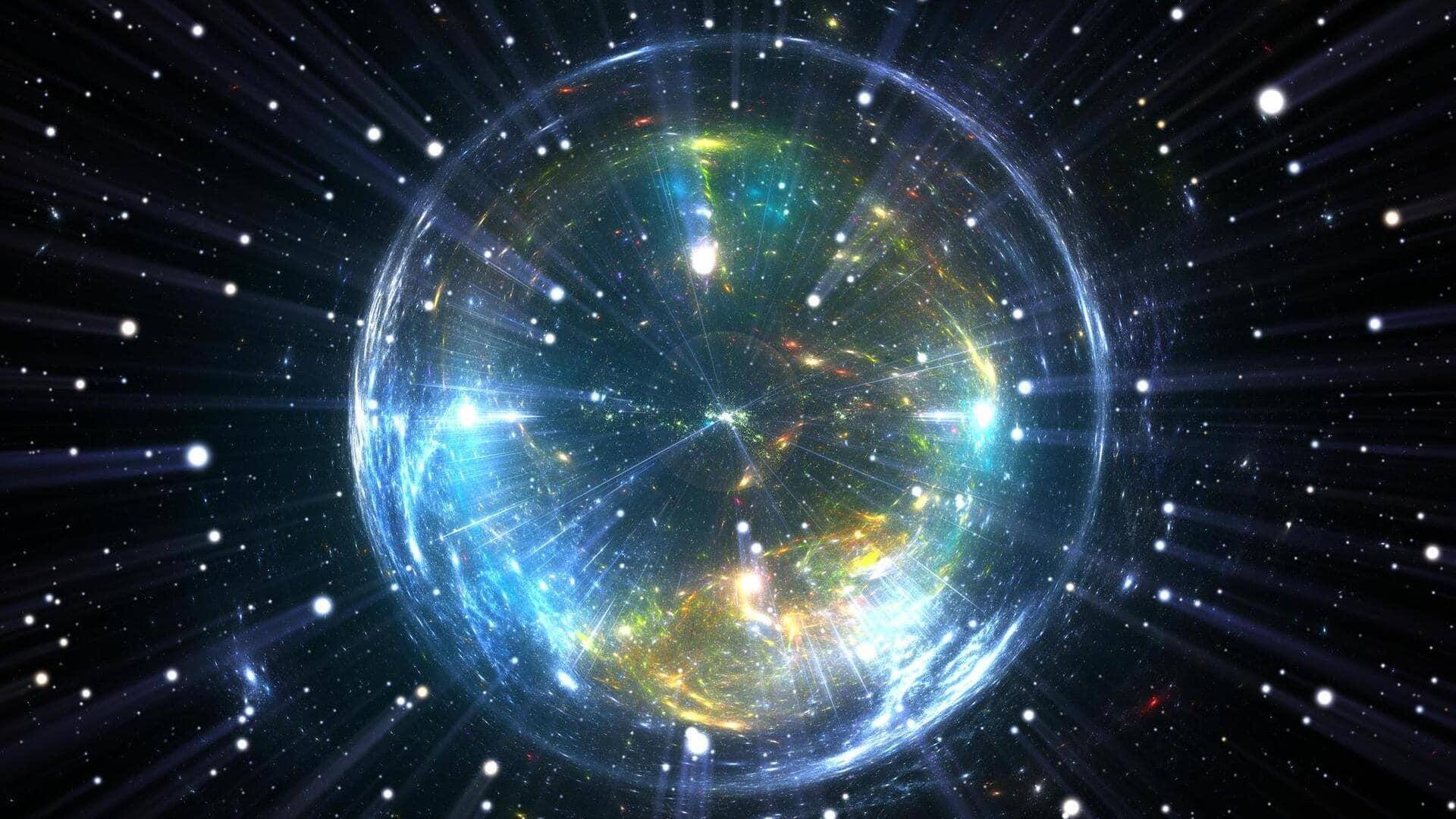
Universe expansion is slowing, not accelerating, new study claims
What's the story
A new study has challenged the long-accepted theory that the universe is expanding at an accelerating rate. The research, led by Prof. Young-Wook Lee from Yonsei University in South Korea, suggests that the expansion of the universe may actually be slowing down. If confirmed, this could have major implications for our understanding of cosmic evolution and even hint at a possible "big crunch" scenario in the distant future.
Energy influence
Dark energy weakening
The study also suggests that dark energy, the mysterious force thought to be driving the universe's expansion, is weakening over time. "Our study shows that the universe has already entered a phase of decelerated expansion at the present epoch and that dark energy evolves with time much more rapidly than previously thought," Lee said. If confirmed, these findings could revolutionize our understanding of cosmology since dark energy was discovered 27 years ago.
Ongoing discussion
Findings spark debate in cosmology
The study has been met with skepticism, but it has also sparked a debate in cosmology over the nature of dark energy and the possible fate of the universe. This is especially true after the influential DESI consortium reached similar conclusions earlier this year. The latest research revisits observations of distant supernovae (exploding stars) that led to the discovery of dark energy, a work that won a Nobel Prize in Physics in 2011.
Data reanalysis
How did we get here?
The initial assumption was that gravity would slow down the universe's expansion by pulling galaxies together. However, this view changed in the 1990s when astronomers observed Type Ia supernovae, which were thought to be uniform in brightness and could serve as "standard candles" for measuring cosmic distances. But these observations revealed that distant supernovae were dimmer than expected, leading to the conclusion that the universe's expansion is accelerating.
New theory
A different approach
The new study offers an alternative explanation for the dimmer supernovae. The researchers estimated the ages of 300 host galaxies using a different method and concluded that variations in star properties in the early universe could account for fainter supernovae. This correction still shows an expanding universe but suggests that its expansion has slowed down and dark energy is waning.